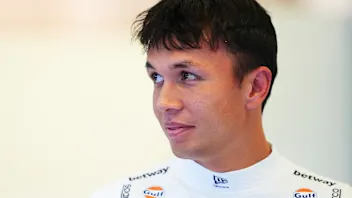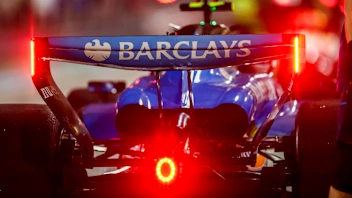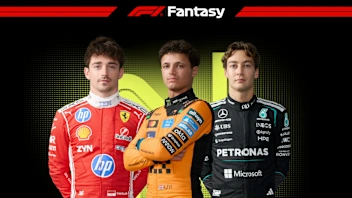Max Verstappen was left furious during qualifying for the Chinese Grand Prix, when he felt that other drivers had broken an “unwritten rule” by overtaking him as he was preparing for his final flying lap in Q3.
After the session was over, the Dutchman made his feelings about what had transpired clear to the media: “[I was] just trying to follow the Ferrari in front of me and just trying to be nice. I could have overtaken him but it's not what you do in qualifying.”
Drivers jostling for position in qualifying is nothing new, as the video below of Fernando Alonso and Kevin Magnussen duking it out at Monza in 2018 shows.
And while Lewis Hamilton gave his blunt opinion on the incident when he replied to Formula 1’s Instagram post quoting Verstappen…
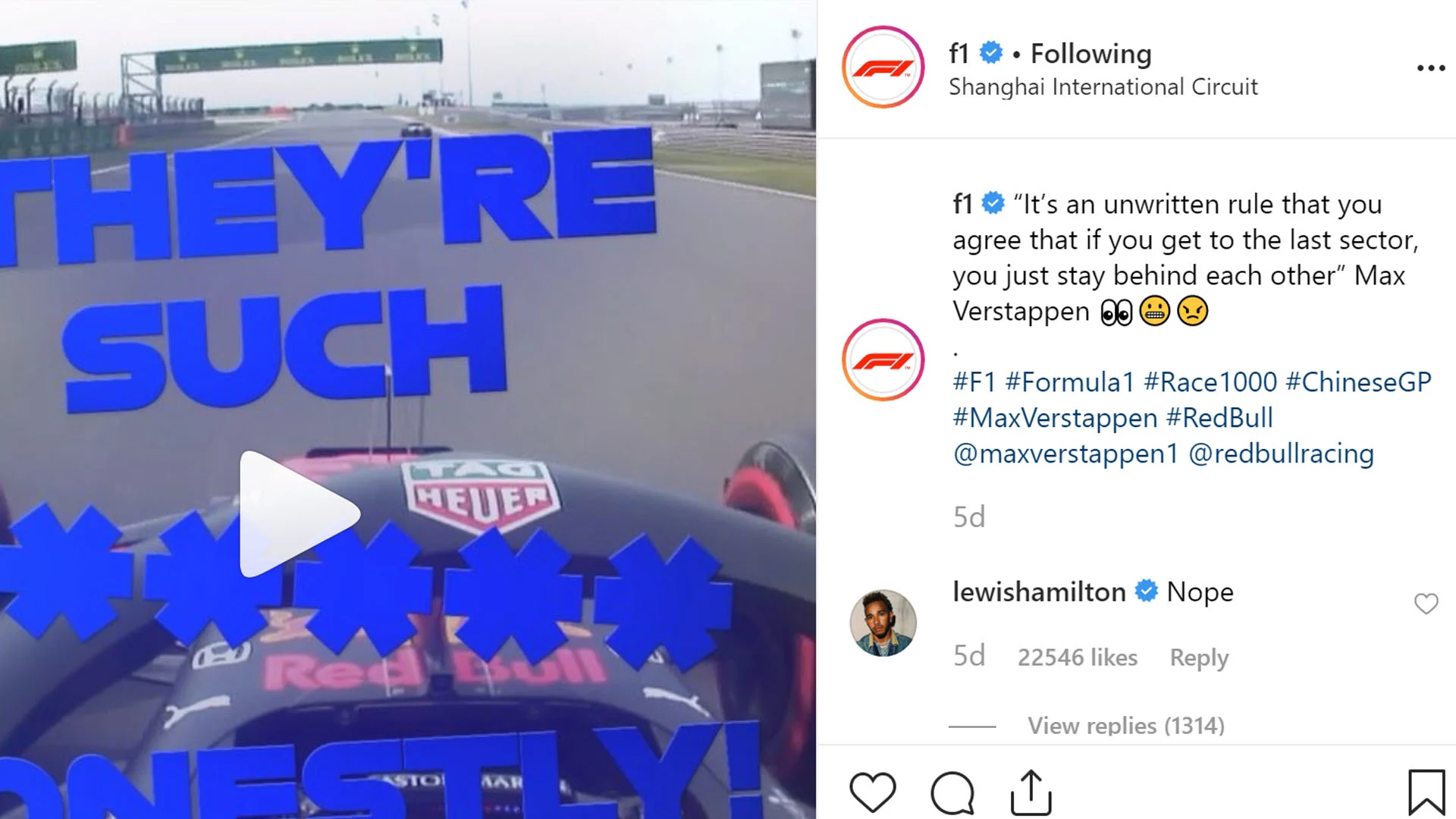
…a bigger question raised by the Shanghai shenanigans is: does driver etiquette still have a place in F1?
F1 Digital presenter Will Buxton and F1 Senior Writer Lawrence Barretto weigh in on the debate...
Will Buxton says… No
Do manners and etiquette have a place in motor racing?
Should there be harmony between racing drivers? Is it important that everyone gets along? Should there be limitations placed on what a driver feels he can do? Should pangs of guilt in the heat of battle restrict his options?
I’m not talking here about driving into another car, exceeding track limits, moving under braking or any of the plethora of driving standards issues which are regulated against. Whilst at their heart they too are moral conundrums, they are also legal considerations. They are against the letter of the law and, as such, are different to the topic at hand.
No, we are talking about solely moral issues. Agreements. Undertakings. Understandings done on a handshake.
How many of those have we seen come unstuck in the history of this sport? Prost and Arnoux. Villeneuve and Pironi. Senna and Prost. Alonso and Hamilton. Vettel and Webber. Hamilton and Rosberg.
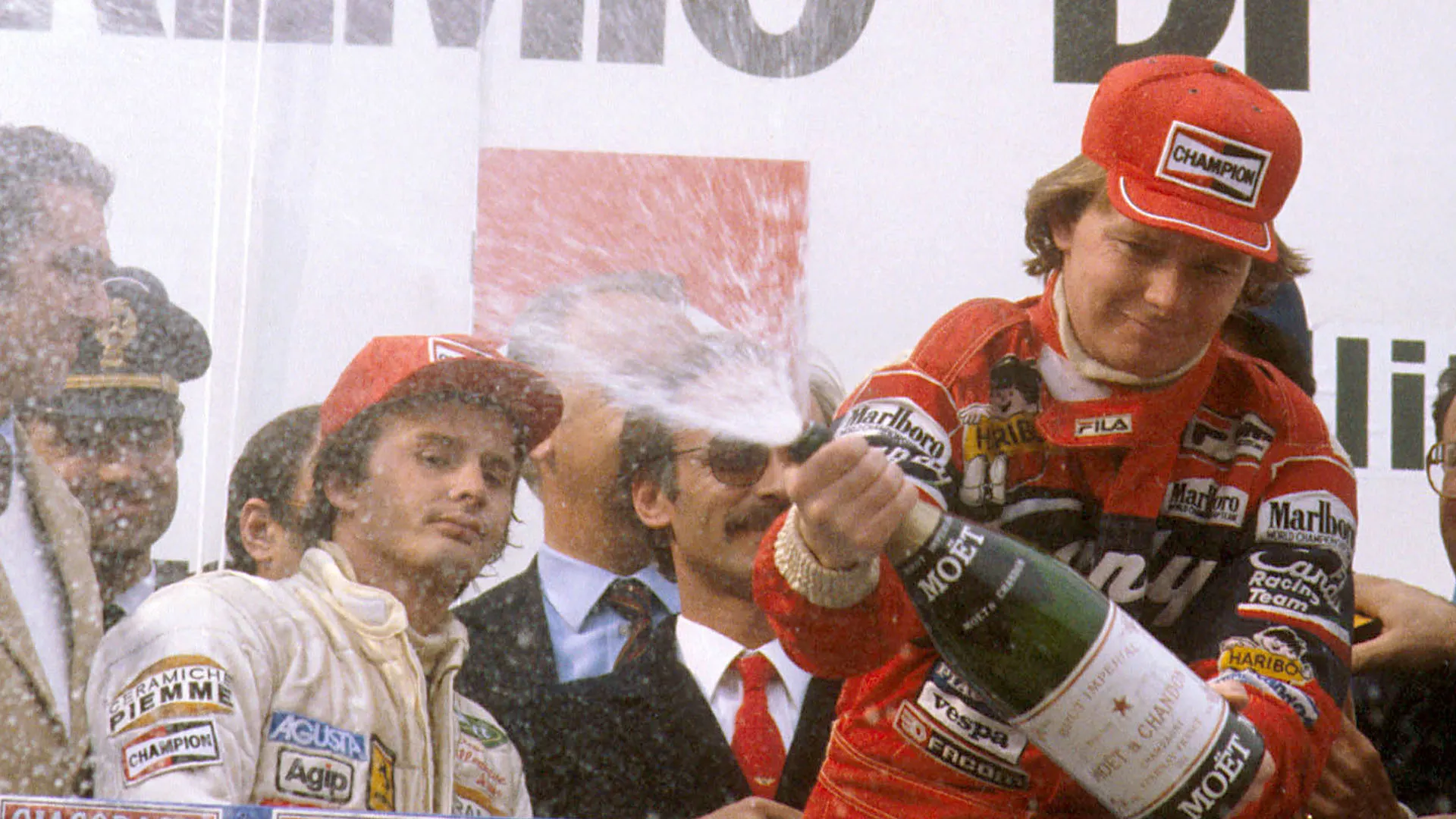
In the Multi 21 controversy at Malaysia in 2013, Vettel waited until Webber had turned down his engine. Only then did he make the move. Regardless of the dubious morality of what he was about to do, he saw his opportunity and he pounced. He broke his word. Ignored perceived etiquette. As countless have before and countless will again. Because if etiquette and manners make your foot waver on the throttle for even a moment, you’ve already lost.
The great champions all possess what I term an “inner bastard.” To my mind, it is the ability to never let your right foot wobble. To do what the others might not, without hesitation or remorse. To go for a gap, any gap, be it physical or theoretical.
Because, as Ayrton Senna once famously said, “if you no longer go for a gap that exists, you’re no longer a racing driver.”
Lawrence Barretto says… Yes
In my opinion, etiquette not only has a place in F1 but also across all sports. It’s perhaps more commonly seen in sports like cycling and football. In the Tour de France, for example, if the leader were to collide with a spectator, his rivals would wait for him. Similarly on the final stage of cycling’s showpiece race, there is an unwritten rule that the field will not attack the yellow jersey (the race leader) with the stage instead a processional ride to give plaudits to the winner. And in football, when a player is potentially seriously injured, the other team will think nothing of kicking the ball out of play to halt the game. The ball will then be returned to them in the resulting throw in.
In F1, there are plenty of unwritten rules. It’s a respect between drivers. We saw the latest example of this in the final part of Chinese Grand Prix qualifying. As is often the case, the field bunched up as they jostled to find some clear air ahead of their final run in Q3. However, this time, some drivers were in danger of running out of time if they didn’t speed up. Sebastian Vettel was one of them and promptly passed the slow Verstappen. He wasn’t the only one. Vettel and the two Renaults managed to get across the line in time, but Verstappen didn’t and he was unsurprisingly furious.
Ordinarily, drivers give each other space in this scenario and don’t overtake because they all want to get a clean lap. There’s a respect there. But the circumstances were different in this case. If Vettel and the two Renaults didn’t get on the gas, they would have missed out, so how can you blame them for what they did? If Verstappen hadn’t been so terribly slow into the hairpin and slow out of it, he would have made it, too. And you could argue that if the roles were reversed and he had been told he needed to go quicker to make it, he wouldn’t have thought twice about doing the same.
Unwritten rules and etiquette exist as an example of respect between drivers and on the majority of occasions, this works in all of their favour. But there are certain times when it is understandable that drivers disregard those rules and do what it takes to get the job done. Qualifying in China was one such occasion. What drivers don’t want are more rules – and subsequent penalties. They are forever complaining that there are too many rules anyway and they just want to be allowed to get on with it and race. They’re all sensible enough to understand when etiquette is required and when it can go out the window in the name of racing. So I believe it will continue to exist in F1 going forward and whether they admitted it or not, the drivers would prefer that to be the case.
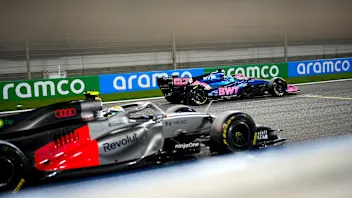
.webp)

